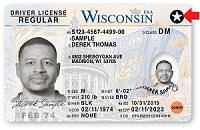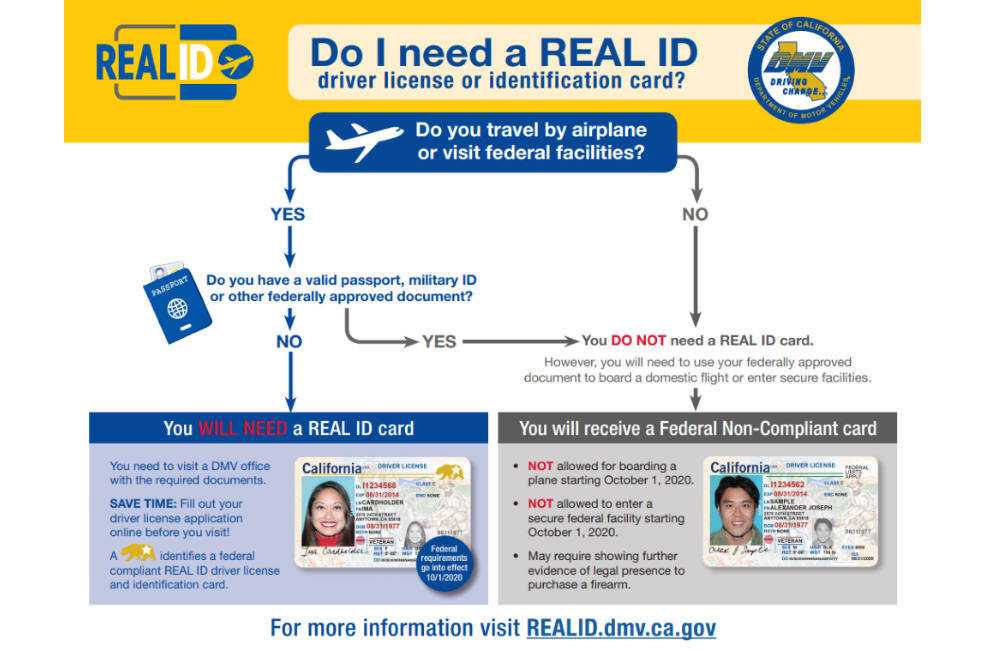The REAL ID Act passed by Congress sets a minimum-security standard that states must meet when issuing a driver’s license or other forms of identification. It also prohibits the federal government from accepting IDs from states that do not meet those standards.
It’s a TSA travel tip that everyone should be aware of before making travel plans. Because of the massive scope of the REAL ID Act, it is just now about to go into effect. States have until Oct. 1, 2020 to reach full compliance.
Why Was The REAL ID Act Passed?
Congress passed the REAL ID Act in the wake of the 9/11 terrorist attacks in New York City and Washington D.C. The goal is to eliminate terrorism on airplanes by making it more difficult to obtain a driver’s license and other identification at the state level. It is typically these cards that are used for identification at airports.
The act has led to better efforts by the states in raising the requirements to obtain a license. The federal Department of Homeland Security reports that “every state has a more secure driver’s license today than before the passage of the Act.”
Which States Are Compliant?
A quick way to see if your license is compliant is by checking the front of your driver’s license. Most states have adopted the use of a gold star to show they are compliant with the REAL ID Act regulations.

However, some states that are compliant with the new regulations still have not used the gold star, including Hawaii, Ohio, Tennessee and Utah. Given that, it’s best to check with your state if you don’t see a gold star. You might still be compliant.
One way you will know for sure that your ID is not compliant is if it has the words “federal limits apply” or “not for federal identification” stamped on the front of the card.
If You Are Not In Compliance
Stating in October 2020, TSA personnel will only accept driver’s licenses and other state ID cards that comply with the REAL ID Act. If your card is not in compliance, you can still fly, however. What you will need is an alternative form of identification, such as a passport
Also, some states that are not in compliance have been granted an extension to get into compliance. They include New Jersey, Oregon, Kentucky and Oklahoma. Check to see if your state is in compliance before you make travel plans.
Keep in mind that you can still vote and drive a car with your state-issued ID, even if it isn’t in compliance. The REAL ID Act deals with air travel only. If traveling with a Non-Emergency Medical Provider like Flying Angels, all of the details of the trip – including any issues with the REAL ID Act, will be handled by an RN Flight Coordinator. That’s one of the many advantages of using the service if you are flying with an illness, injury or limited mobility.
